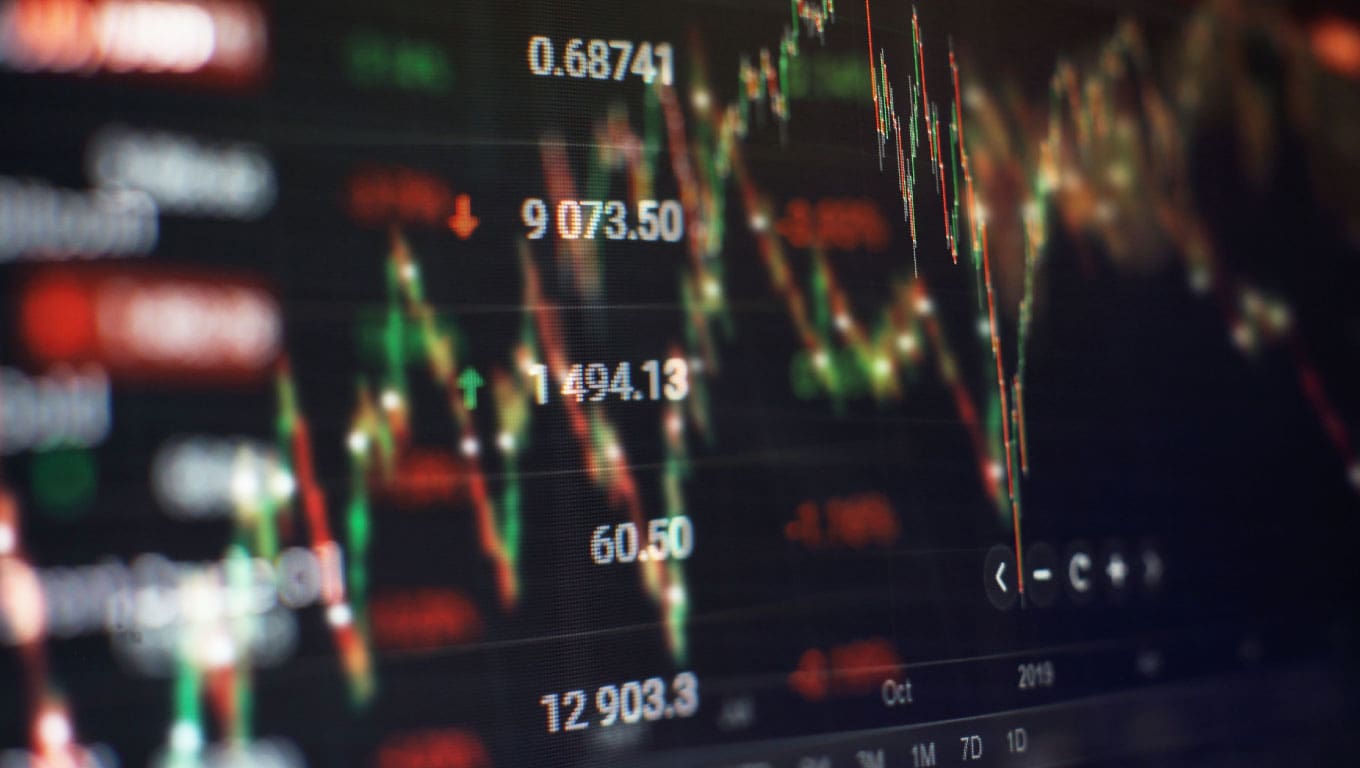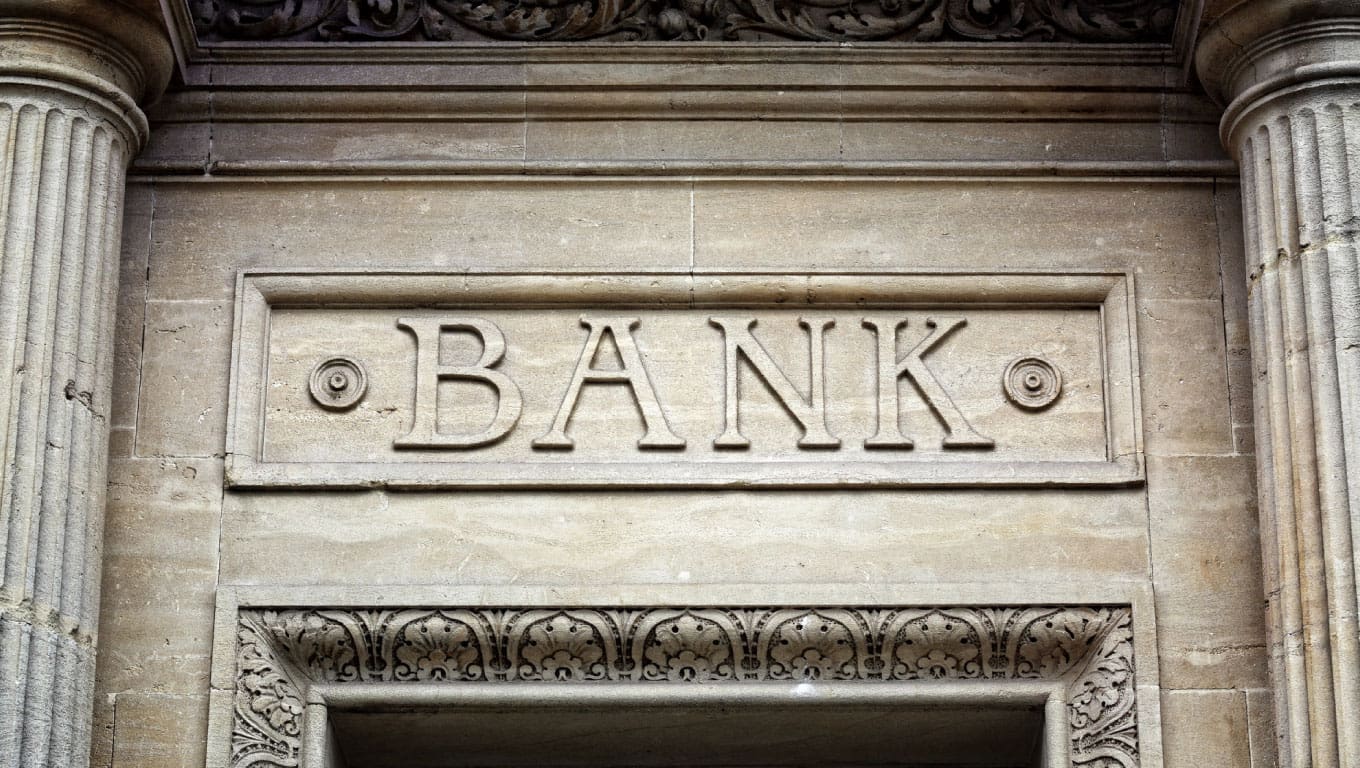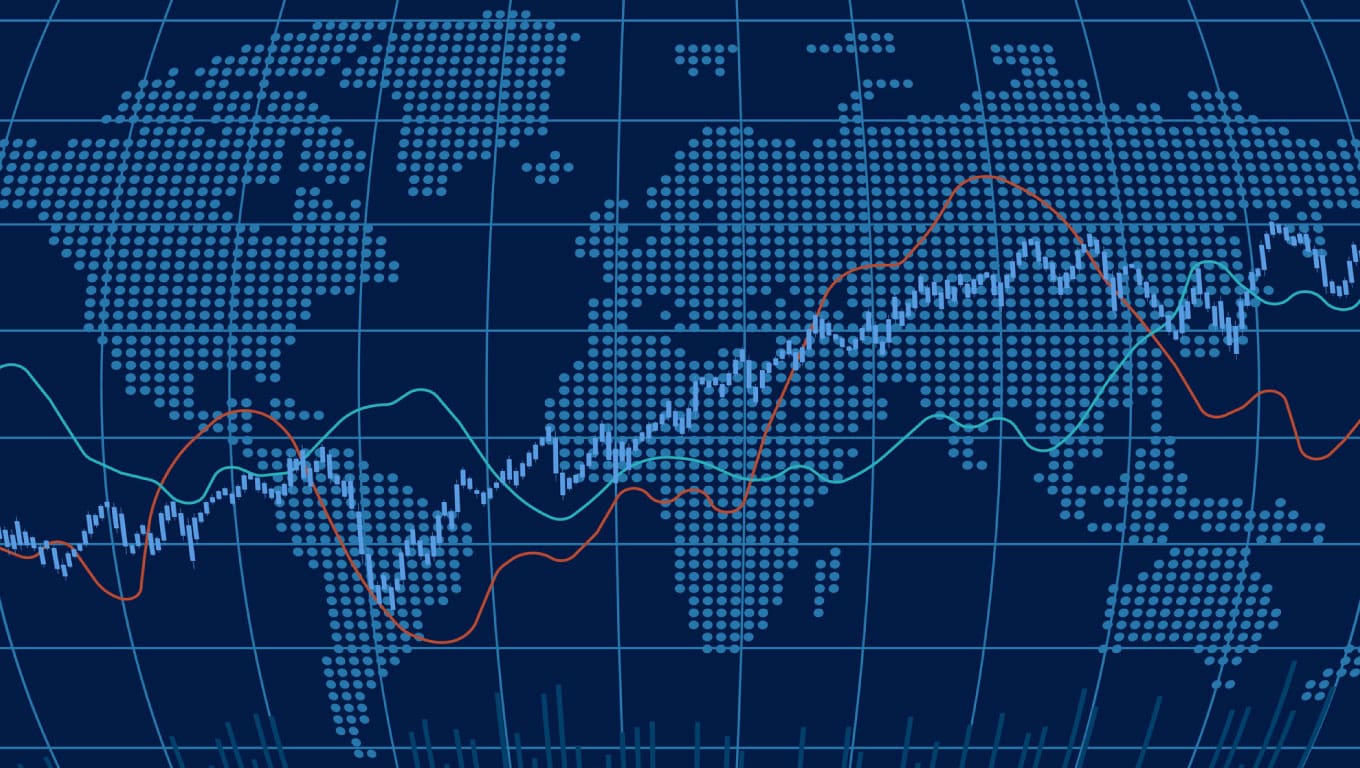Leggi questo articolo in Italiano

What is an ETF?
By Gabriele Brambilla
ETF, which stands for Exchange Traded Fund, is an investment product suitable for any type of investor. Let's discover what is an ETF.

Diversify with little effort
In this article we enter the world of ETF, a very famous financial product traded all over the world and also particularly discussed in recent times.
In detail, we will understand what they are, how they work, and what their strengths are. We will not leave out the risks, however, so that the full picture is available.
Let’s get started right away!
Index
What is an ETF?
ETFs (Exchange Traded Funds) are maturity-free investment products, which are widespread and particularly popular with small and medium-sized investors. They are funds that replicate the performance of stock indices, baskets of stocks, bonds, commodities and cryptocurrencies such as bitcoin. The investor buys a single product that is generally composed of a number of different assets. Sometimes, however, the Exchange Traded Fund is composed of only one asset (see the spot ones on BTC).
There are Exchange Traded Funds on virtually everything: indices like the one just seen, particular niches (tech stocks only, commodities only…), with a focus on sustainable projects, and much more. Over time, they have been further enhanced to active products, which take a benchmark and aim to perform better.
The term “basket” is very apt, because an ETF is composed according to the goals the client might have. There are ETF investments that push on equities and that’s it, others that are balanced and include various types of assets, and still others that are more conservative and bond-oriented. The choice is wide and meets almost all investors’ needs.
An investment in ETFs brings some important advantages.
First, the investor does not have to be an expert on the subject. Just choose the Exchange Traded Fund that best aligns with your needs, set up one or more purchases (following PIC and PAC rules) and let the fund do the rest.
Important then is the focus on diversification. By opting for the right ETF fund, by buying one product you are investing in a very broad basket of assets. Think, for example, of an ETF that closely follows the performance of the S&P 500 index: it will be composed of all the equities in the famous index and will accordingly offer identical performance and distribution.
Costs are also no less. These products may have high fees and management fees, but many ETFs now charge negligible percentages. Thus, the investor is able to maximize the use of capital and avoid having to shell out large amounts in fees and management costs.
In addition, this is especially true for active ETFs (which we will find out about shortly), the contained assets are bought and sold to achieve the best possible performance. However, the investor, by holding the ETF, does not have to pay any possible capital gain tax until the ETF is sold. In contrast, if we were investing in individual stocks, for example, each sale at a profit would result in the payment of related taxes.
Then thinking about ETFs such as those on BTC, they allow anyone to invest in a particularly complex asset that would require knowledge, wallets, accounts on centralized exchanges, and so on. The fund then becomes a way to easily enter a more complex and exclusive market.
But then are ETF investments without flaws? No, there are limitations and risks that we will explore in the course of this article. However, there remain undeniable advantages that make them attractive to a wide range of investors.

ETFs types
There are two types of ETFs: passive and active.
The first category consists of products that faithfully replicate an index or basket of assets. Management is passive: the ETF follows the performance of its underlyings, fine.
Active management, on the other hand, involves some operation by the issuer. An ETF on the S&P 500 index will not only follow its performance, it will take it as a benchmark to beat.
In passives, if the S&P 500 achieves +5 percent in one year, its ETFs will do the same. With an active product, the issuer makes trades to make the Exchange Traded Fund go on to beat the performance of the S&P500 index.
The outcome is not assured, but investors are appreciating this category of funds.
As one can imagine, the costs of operating an active product are higher than those of a passive one.
"Gli ETF attivi seguono un indice, lo prendono come benchmark e cercano di batterne le performance"
How much can you earn with an ETF?
Theoretically, investing in ETF securities has no limit on gain. Since they are products that follow the performance of one or more assets, the capital gain depends directly on the performance of those assets.
For example, if the Nasdaq100 achieves a gain of 100 percent in ten years, the ETFs that follow it will have the same performance. Clearly, the rule also applies in reverse: virtually all the invested capital can be lost as well.
In any case, we should focus on how an ETF works, what it is composed of, and how it can help us achieve our goals. On the other hand, we should not think exclusively about profit, because the risk of making wrong choices would certainly be greater.
"In linea teorica, l'investimento in titoli ETF non ha alcun limite di guadagno, ma attenzione: vale anche al contrario!"
How to invest in ETFs
Good news: ETFs are widely available. Every bank is able to offer these products to its clients, but beware of exchange fees, which can be a bit high.
As an alternative we find investment brokers, from lower costs and excellent choice. However, on these platforms the investor must move independently, and not everyone may be able to proceed without expert support.
An important note: the ETF has management costs that are set directly by the issuer. In addition to these, banks and brokers charge their own costs, related to ETFs trading. Therefore, let us not be confused because these are distinct items of expense.

What are the best ETFs to invest in?
There is no better or worse-it depends from person to person.
At the exchange level, the largest volumes move them Exchange Traded Funds based on equity indices such as S&P500 and MSCI World. This is because these are products composed of a large basket of securities, so as to maximize diversification and dilute risk.

ETF risks
Like any financial product, the ETF trade also has risks/ downside.
The most relevant aspect is related to the management itself. By buying ETFs, the investor makes no special effort and delegates the work to others. Certainly this is positive if you have no knowledge, but in fact you lose control of your investment.
Another negative point is the investors’ mode of operation. In many cases one buys an ETF and stops, nothing else. Instead, such a product should be part of a broader investment portfolio. Going all-in on one or two funds does not diversify the portfolio, no matter what indexes the ETF follows. The issue really lies in the type of product: only ETFs is never a good idea.
Then pay attention to theapproach of the fund. If the ETF is composed of a physical basket of assets, held regularly by the issuer, no problem. But if, on the other hand, the replication is synthetic, the issuer will not own all the assets that make up the ETF, resorting instead to derivatives of various kinds.
Should the intermediaries involved in that given product default, the client could be in for some nasty surprises.
To avoid counterparty risk, therefore, it is essential to study thoroughly before investing.
Finally, one must consider the dangers of any leveraged products , which can have nasty consequences in case of losses.
This list is not exhaustive, but it includes the main items that must be taken into account.
Final considerations
When taken with due caution, Exchange Traded Funds are an excellent way to invest some of one’s capital.
The many strengths offset limitations and risks, as long as everything is clear in the investor’s mind.
When in doubt, as we always say, it is best to consult an adviser on the subject and read all the documentation carefully before making the purchase.